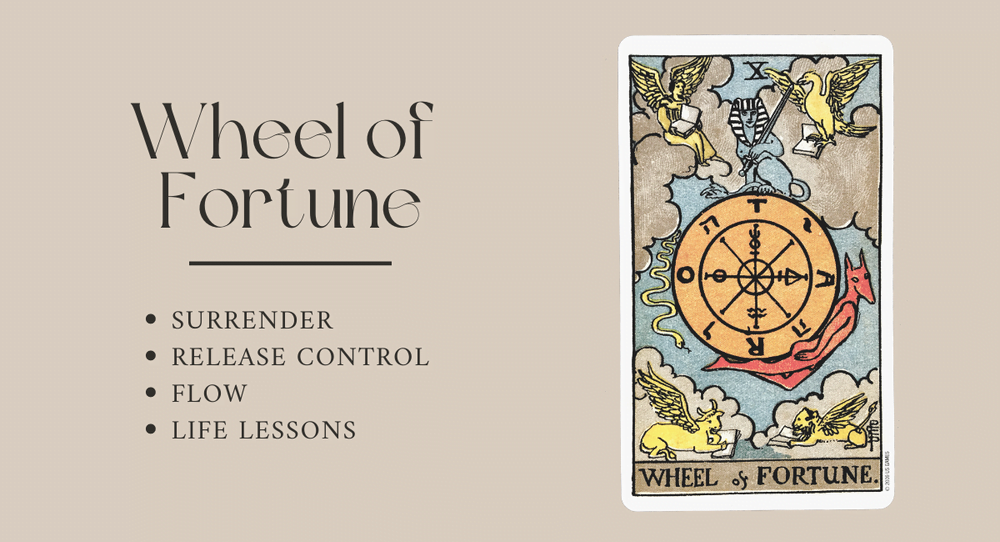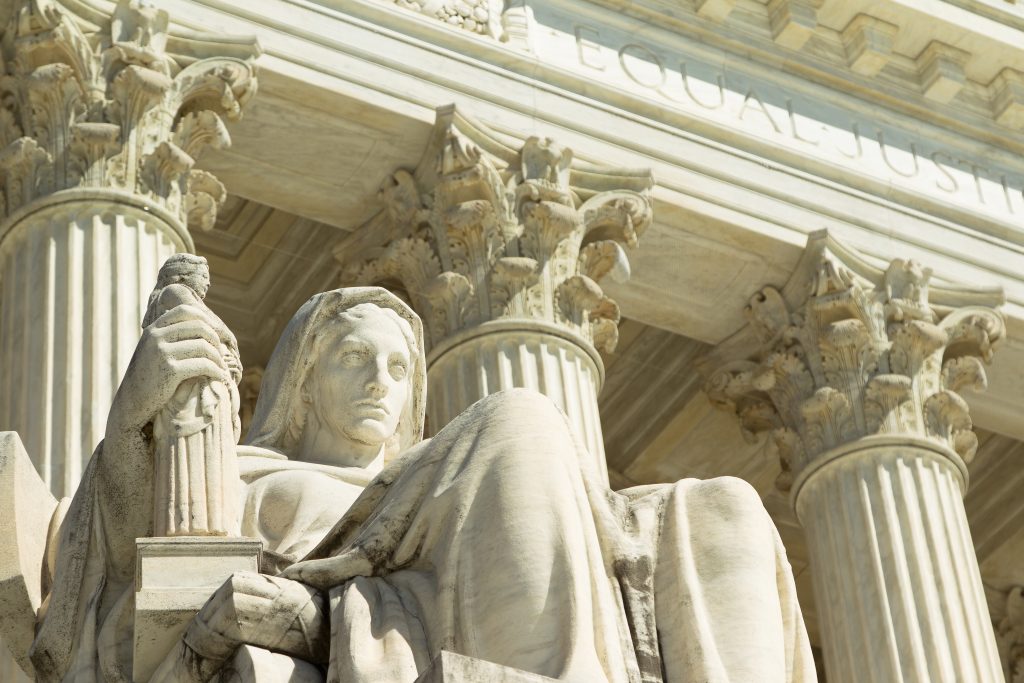
Why must it always be the Personal Injury Lawyers making headlines? In another new low, in Federal Court no less, it emerged that New York Attorney Steven A Schwartz, used ChatGPT to look for similar previous cases in a personal injury suit against Avianca, Inc. Airlines. See the attached Affidavit from that case. It appears that none of the cases cited by Chat GPT were actual cases. Rather, they were just plain old made up.
For my non-lawyer readers, this falls into the category of bad or ethical violation. How this will turn out for Mr. Schwartz remains to be seen. He does state that he has been an attorney for 30 years without a blemish on his record, so perhaps he will catch a break here. Nevertheless, lying to the Court or submitting plainly deceptive pleadings in Federal Court is like smuggling hashish into Burma or other locales where the penalty may be rather harsh. Doing so in State Court is similarly frowned upon, but may not bring the same level of outrage from the bench.
I have seen a lot of ethical violations in my time. Rarely, rarely have I ever seen real discipline. And, the cases where there is real discipline are ones that are pretty clear cut.
Here, the ethical violation is a failure of candor towards the tribunal. Basically, a lawyer cannot lie to the Court or make any sort of statement that he knows to be false. There is plenty of sloppy lawyering that I see that is not technically a failure of candor. For example, a lot of personal injury law is unchanged over the years and briefs get recycled on basic points. However, over time, cases get copied wrong or someone copies case law that does not apply. This, to me, is lazy, but not fully unethical. I must say that while I have cited the standard for summary judgment in multiple briefs, I have not read the summary judgment case law in a decade. The standard is so well accepted that it would seem a waste of time to read the cases. Am I citing something that I have not read? Yes. Did I get it from Chat GPT? No.
So, what is the difference. Well, it is a bit of a gray area I would say. I use lexis for my legal research. But, there are plenty of google searches or public legal research that may be reliable, but for this very reason, I rely upon lexis. I trust it and the community trusts it. We don’t yet trust Chat GPT.
The biggest Candor Towards the Tribunal violation that used to annoy me was when opposition lawyers would fail to cite cases in their briefs that were plainly contrary to their position. Now, I may fail to do that by accident, but that is just poor searching. Is that an ethical violation? I don’t think so, but I will look stupid and lose my argument if there is contrary caselaw that beats me.
The Chat GPT situation just doesn’t sit right because none of the cases the lawyer cited actually exist. I ran a lexis search on two of them and they do not exist as far as I could tell. Further, if you really want to get into the weeds, why is a lawyer citing caselaw in a New York case that is from all over the Country? No good reason for that. The one case that might really get the lawyer in trouble is the citation to a Second Circuit Court of Appeals case. Why? Well, citing to the Second Circuit is like citing to the Judge’s boss or overseer. It suggests that there is reliable authority and one that must be followed. In reality, the citation to the Second Circuit case actually brings you to a Third Circuit case, so it is just plain off base. Nevertheless, it is a little more nefarious and concerning. Below is the Pennsylvania ethical rule.
Rule 3.3 – Candor Toward the Tribunal(a) A lawyer shall not knowingly:(1) make a false statement of material fact or law to a tribunal or fail to correct a false statement of material fact or law previously made to the tribunal by the lawyer;(2) fail to disclose to the tribunal legal authority in the controlling jurisdiction known to the lawyer to be directly adverse to the position of the client and not disclosed by opposing counsel; or(3) offer evidence that the lawyer knows to be false. If a lawyer, the lawyer’s client, or a witness called by the lawyer, has offered material evidence before a tribunal or in an ancillary proceeding conducted pursuant to a tribunal’s adjudicative authority, such as a deposition, and the lawyer comes to know of its falsity, the lawyer shall take reasonable remedial measures, including, if necessary, disclosure to the tribunal. A lawyer may refuse to offer evidence, other than the testimony of a defendant in a criminal matter, that the lawyer reasonably believes is false.(b) A lawyer who represents a client in an adjudicative proceeding and who knows that a person intends to engage, is engaging or has engaged in criminal or fraudulent conduct related to the proceeding shall take reasonable remedial measures, including, if necessary, disclosure to the tribunal.(c) The duties stated in paragraphs (a) and (b) continue to the conclusion of the proceeding, and apply even if compliance requires disclosure of information otherwise protected by Rule 1.6.(d) In an ex parte proceeding, a lawyer shall inform the tribunal of all material facts known to the lawyer that will enable the tribunal to make an informed decision, whether or not the facts are adverse.
Here is the affidavit:



 So, there is a lot of bellyaching about Judge Cannon being assigned to Trump’s case about hiding classified documents. If she was assigned as most cases are by random computer assignment, then it si just bad luck. But, that is why we have trials. You have to prove your case. Innocent till proven guildty and all that, no matter how you feel about the defendant. First, the case seems rather strong. Often, the obstruction or lie is worse than the underlying misdeed. That certainly seems to be what Trump is facing up to here.
So, there is a lot of bellyaching about Judge Cannon being assigned to Trump’s case about hiding classified documents. If she was assigned as most cases are by random computer assignment, then it si just bad luck. But, that is why we have trials. You have to prove your case. Innocent till proven guildty and all that, no matter how you feel about the defendant. First, the case seems rather strong. Often, the obstruction or lie is worse than the underlying misdeed. That certainly seems to be what Trump is facing up to here. In personal injury cases, it is unusual that a lawsuit turns solely on a judge deciding a motion to dismiss or motion for summary judgment. It happens, but is unusual. More often, the Court’s failure to decide a procedural motion like Preliminary Objections, just slows things down a little. However, periodically, Judges delay acting on critical motions that affect how the case will turn out. I know that for my non-personal injury lawyer litigators, most of their cases turn on what we call dispositive motions. These can be motions to dismiss at the beginning of the case or motions for summary judgment etc.
In personal injury cases, it is unusual that a lawsuit turns solely on a judge deciding a motion to dismiss or motion for summary judgment. It happens, but is unusual. More often, the Court’s failure to decide a procedural motion like Preliminary Objections, just slows things down a little. However, periodically, Judges delay acting on critical motions that affect how the case will turn out. I know that for my non-personal injury lawyer litigators, most of their cases turn on what we call dispositive motions. These can be motions to dismiss at the beginning of the case or motions for summary judgment etc.


 This nice headline was coined by the New York Post and Mr. Wonderful from Shark Tank. Basically, a lot of very large retailers have learned the hard lesson that not everyone thinks like you do.
This nice headline was coined by the New York Post and Mr. Wonderful from Shark Tank. Basically, a lot of very large retailers have learned the hard lesson that not everyone thinks like you do.
